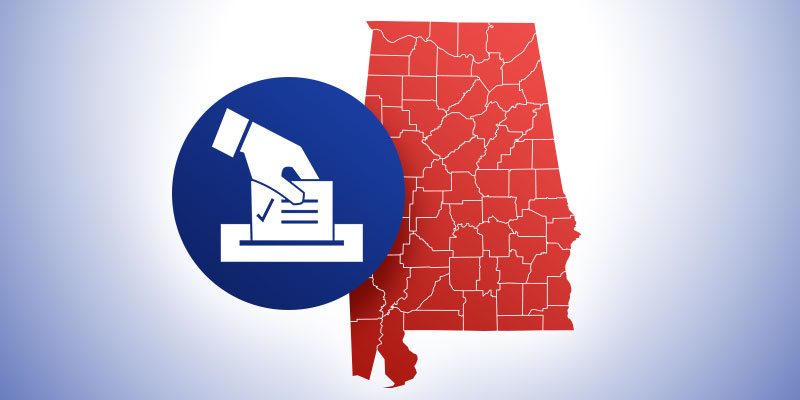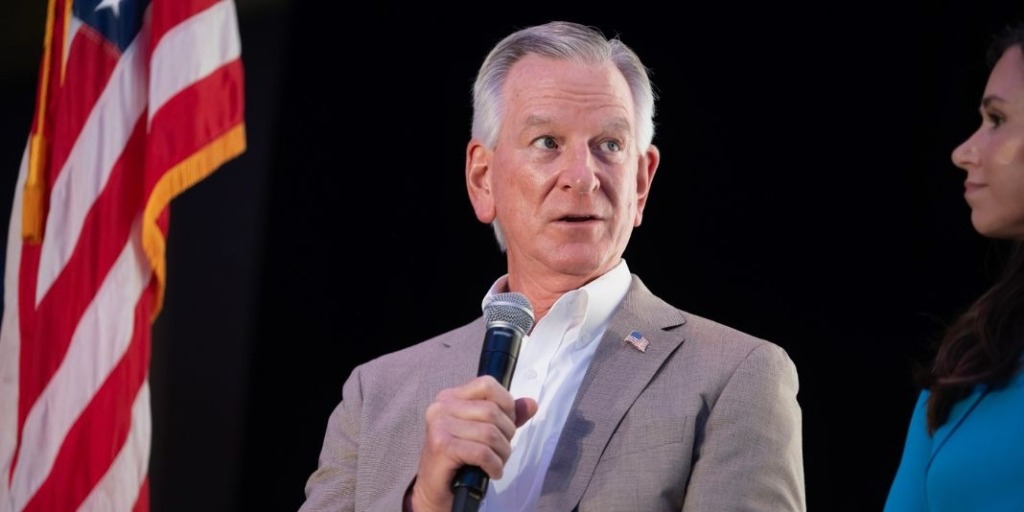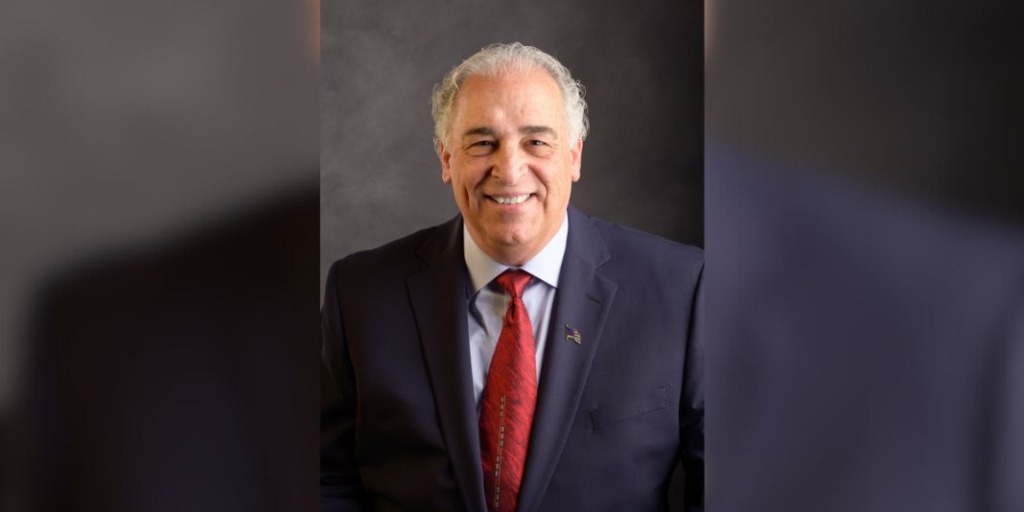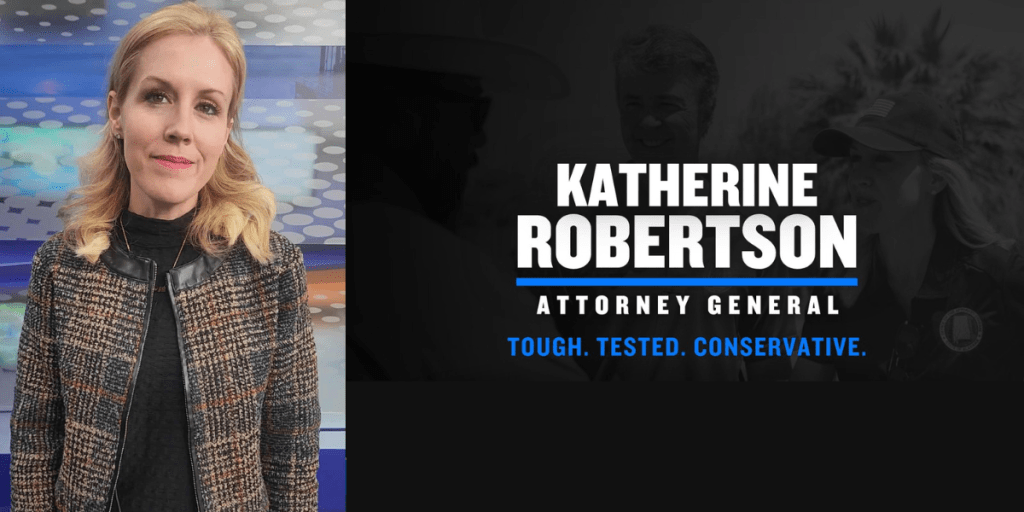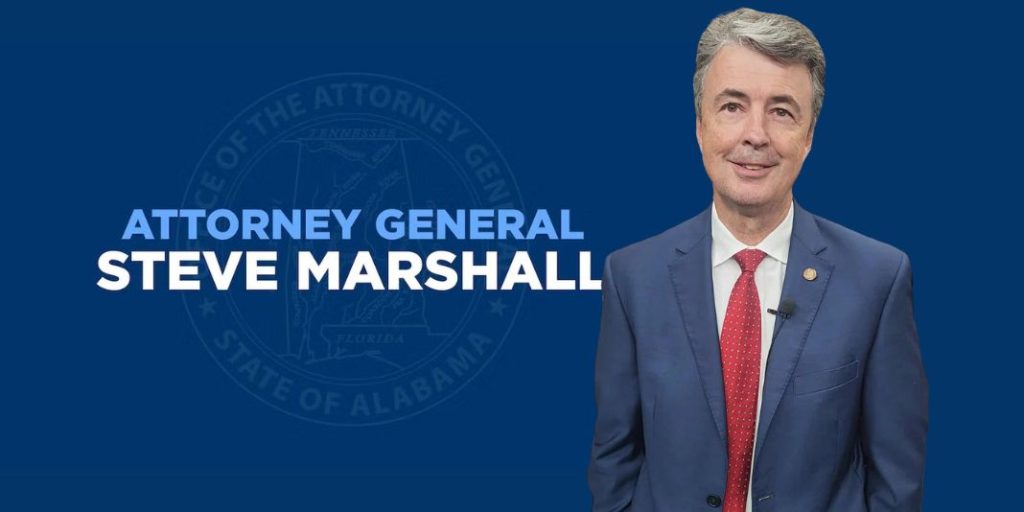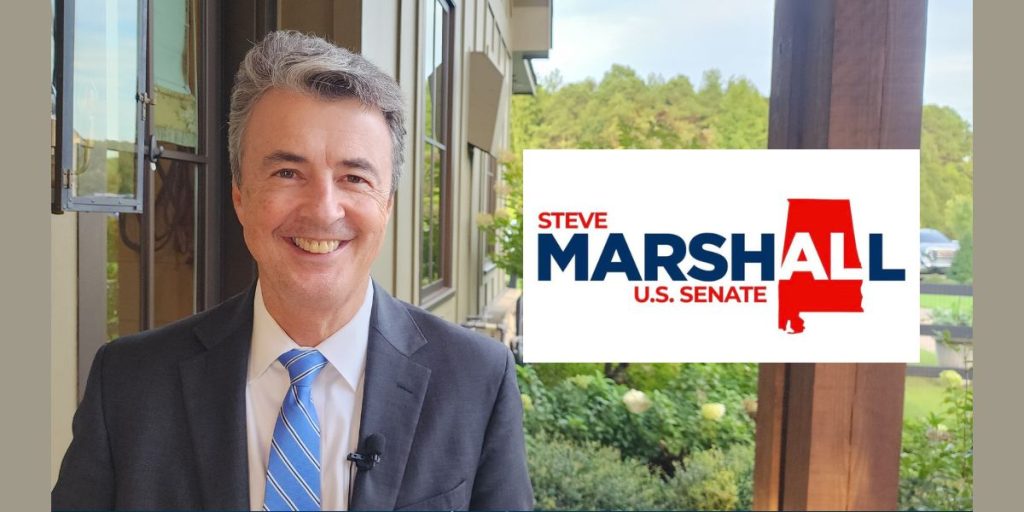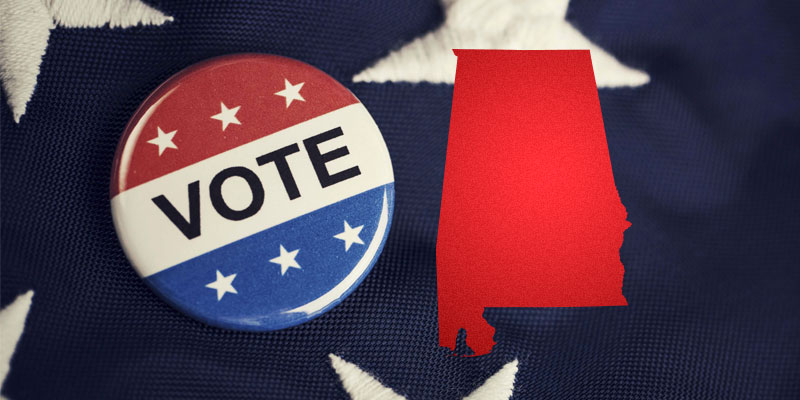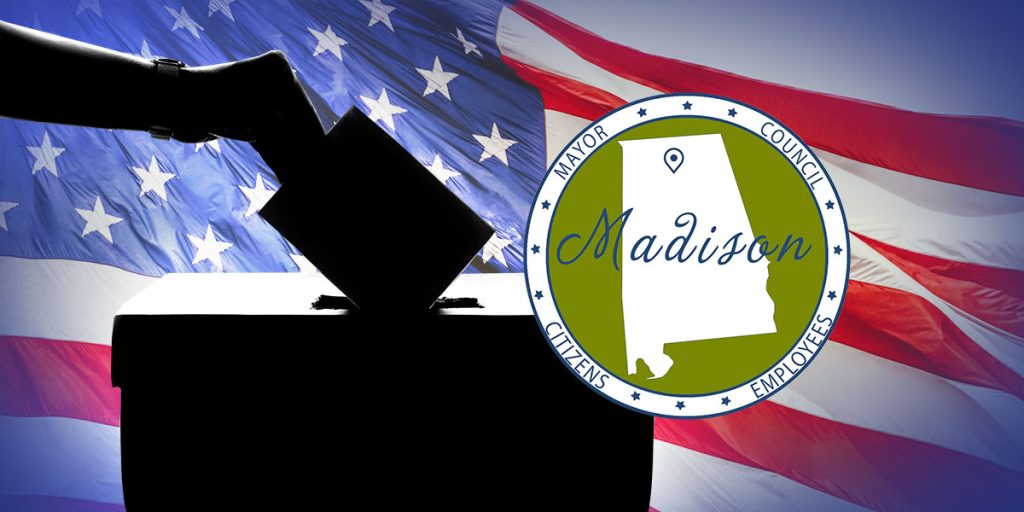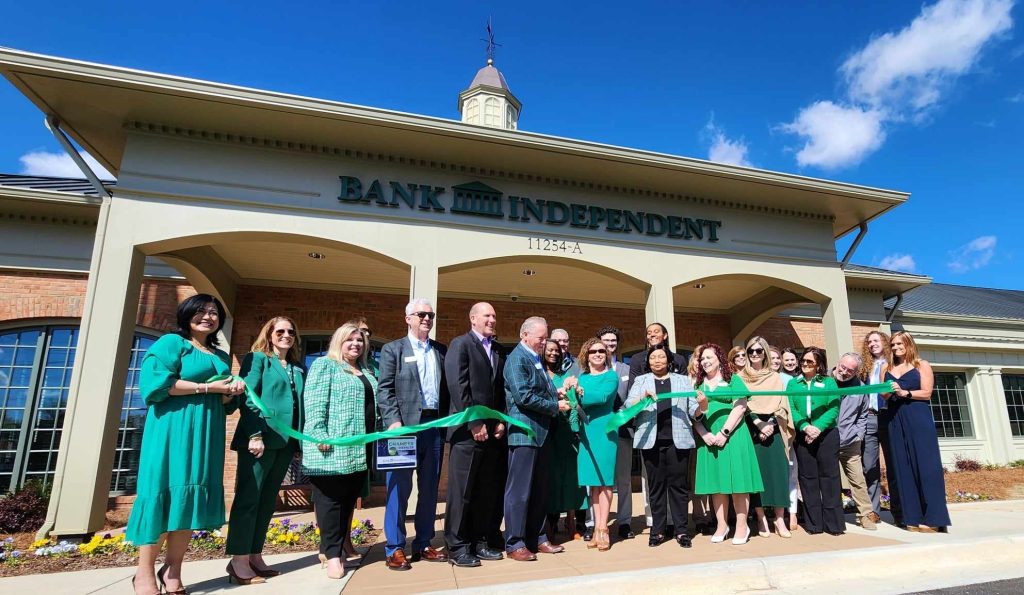MONTGOMERY — A coalition of civil rights, voting rights and disability rights organizations have sued Alabama Attorney General Steve Marshall, Alabama’s 42 districts attorney, and Alabama Secretary of State Wes Allen to block Alabama’s recently enacted Senate Bill 1 (SB1), which bans so-called “ballot harvesting.”
According to a news release, the law directly targets, drastically restricts, and severely penalizes basic nonpartisan civic engagement efforts that enable all Alabamians to access their right to vote.
The bill was signed into law March 20 by Gov. Kay Ivey.
The lawsuit filed Thursday challenges SB1 as violating the First and Fourteenth Amendments of the United States Constitution, the Voting Rights Act, and the Help America Vote Act of 2002.
“SB1 is part of a concerning trend of anti-voter state legislatures restricting equal access to the ballot for voters with disabilities,” said Celina Stewart, chief counsel at the League of Women Voters of the United States. “These laws specifically target the individuals and organizations that voters with disabilities depend on to access, complete, and cast an absentee ballot. The League of Women Voters is actively challenging these laws and is committed to fighting voter suppression nationwide.”
The law would criminalize most forms of helping voters apply for absentee ballots, with felony penalties ranging up to 20 years in prison, the release said.
“SB1’s cruel and unlawful restrictions harm voters who need assistance with their absentee ballot applications — particularly Black voters, elderly voters, incarcerated voters, voters with disabilities, and low-literacy voters — as well as nonpartisan civic engagement groups, including churches, working to help Alabamians participate in the political process,” the release said. “This extreme law is the latest development in Alabama’s long history of restricting the political engagement of Black voters and other marginalized communities.”
A statement from Allen’s office said he cannot comment on the litigation because he is a defendant and referred question to Attorney General Steve Marshall. However, Marshall is also a defendant.
Allen’s did say, “Secretary Allen stands by his previous statements supporting SB1 and its role in protecting the absentee elections process in Alabama.”
In a previous statement, he said, “I am dedicated to ensuring fair, secure, and transparent elections. SB1 provides Alabama voters with strong protection against activists who profit from the absentee elections process. I stand firm in my support of SB1 because now, under Alabama law, Alabama votes are not for sale.”
The League of Women Voters of Alabama, Alabama NAACP, Greater Birmingham Ministries, and Alabama Disabilities Advocacy Program are represented by Campaign Legal Center, Legal Defense Fund, Southern Poverty Law Center, the American Civil Liberties Union of Alabama, and Alabama Disabilities Advocacy Program in their suit against the anti-voter law, the statement said.
“Voters who vote by absentee ballot have the right to access the ballot fairly and equitably,” said Kathy Jones, president of the League of Women Voters of Alabama. “Many Alabama voters with disabilities rely on the help of neighbors, caregivers, or voter services organizations to successfully cast their absentee ballots. The League of Women Voters of Alabama will continue to fight unjust laws like SB1 because our state should be making it easier for people to vote, not building barriers to suppress the vote.”
Benard Simelton, president of the Alabama State Conference of the NAACP, said the bill “obliterates freedom of speech.”
“SB1 takes Alabama backwards as it violates the law, restricts our basic Constitutional Amendment rights, obliterates freedom of speech,” he said. “It marginalizes voters’ access to the ballot box.”
A group which advocates for people with disabilities said the bill sets additional barriers.
“For many voters with disabilities, absentee voting may be the only practical option to be heard and have their voices counted,” said William Van Der Pol, Jr., senior trial counsel for Alabama Disabilities Advocacy Program. “SB1 poses additional barriers to this critical right that are neither necessary nor legal.”
The ACLU said the bill equates violating the law with manslaughter and rape.
“Rather than helping Alabamians exercise their right to vote, lawmakers passed SB1 to criminalize them,” said Alison Mollman, legal director at the ACLU of Alabama. “This extreme and unnecessary law makes it a Class B felony for a person or organization to assist someone with their absentee ballot application. In Alabama, other Class B felony offenses include manslaughter, statutory rape, and first-degree theft of property.
“SB1 is unconstitutional and the ACLU of Alabama is proud to stand alongside our clients to ensure that their constitutional rights are protected.”
Citing the state’s historic presence in voting rights, the Southern Poverty Law Center called the legislation “one of the most restrictive bills this state has seen.”
“The march for voting rights started in Alabama and continues today as we facein recent memory,” said Jess Unger, senior staff attorney for voting rights at Southern Poverty Law Center. “Together, with our partners and clients, we will protect the fundamental right to vote and — no matter what barriers are put in place — to ensure every voice in Alabama is heard.”


